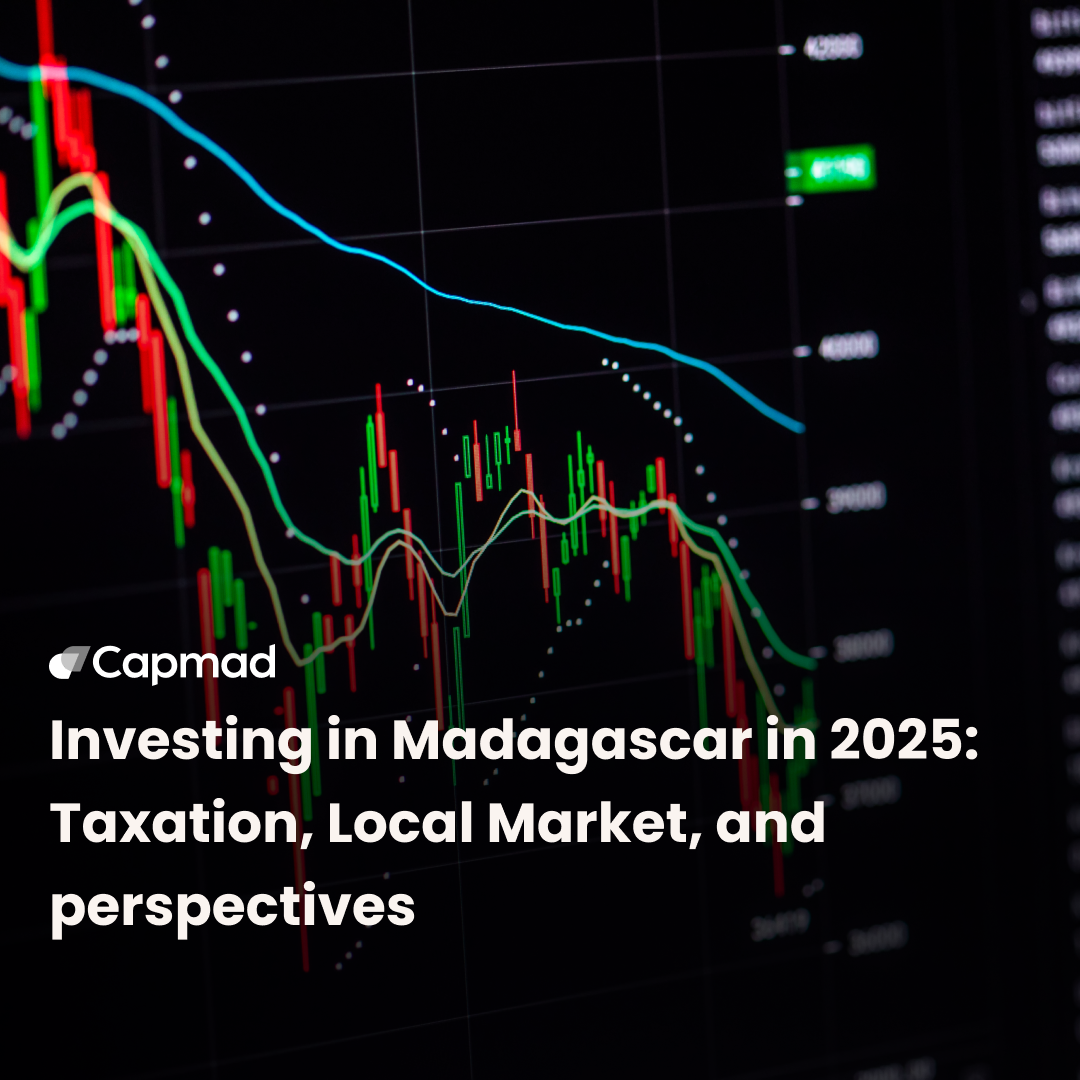For many Muslims, hijra, or migration to a Muslim country to fully practice their faith, is a crucial life decision. Choosing the country that best meets their needs and goals is essential for a successful transition. This article explores why Morocco, Algeria, and Tunisia are attractive destinations for expatriation.
Easy communication in the Maghreb : Major advantage for Francophones
Morocco, Algeria, and Tunisia share a linguistic history with France, making French a commonly used language in these countries. This greatly simplifies integration and daily tasks for French speakers, whether for administrative or social reasons.
Use of French and easier integration
In the main cities of the Maghreb, French is widely spoken and understood. This familiarity with the language allows expatriates to navigate administrative processes more easily. It also makes it simpler to find housing, open a bank account, or enroll children in school without facing significant language barriers.
Advantages for Francophones
For Francophone expatriates, the prevalence of French is a considerable asset. This ease of communication with locals and access to numerous services in French simplifies adaptation to local life, especially during the first few months after moving.
Dual language proficiency : Plus for Maghrebis
For those of Maghrebi origin who speak Darija, the local Arabic dialect, dual language proficiency is an additional asset. Besides communicating in French, they can also speak the local language, facilitating a deeper cultural immersion.
Geographical proximity : Added value for expatriation in Africa
The Maghreb is geographically close to Europe, offering convenient and economical accessibility. Flights between these regions are frequent and affordable, allowing expatriates to maintain close ties with their home countries.
Travel accessibility and costs
Thanks to this proximity, expatriates can easily arrange trips at a low cost. For example, a direct flight from Paris to Tunis takes about 2 hours and 30 minutes, with tickets starting at 150 USD. Meanwhile, a flight from Paris to Casablanca takes about 3 hours, with an average cost of 100 USD.
Advantages of proximity
This proximity facilitates regular visits to family and friends and simplifies administrative procedures and business trips, enabling efficient management of affairs between Europe and the Maghreb.
Cost of living and purchasing power in the Maghreb
The cost of living in the Maghreb countries is generally affordable, offering a high quality of life without excessive expenses. Local products, including food and services, are often cheaper than those in Europe.
Price comparison with Europe
Prices of local products like vegetables, fruits, and meat are significantly lower than those in Europe. Renting an apartment in a major Maghrebi city often costs less than half the price of a similar accommodation in Europe.
Local salaries and alternatives
However, local salaries in the Maghreb are generally lower than those in Europe. For example, the average salary is about 400 USD in Morocco, 260 USD in Algeria, and 280 USD in Tunisia. To compensate for this difference, it is possible to turn to entrepreneurship or freelancing, offering services to international clients while benefiting from the lower cost of living.
Education in the Maghreb : Opportunities and challenges
Education is a crucial aspect to consider, especially for families with children. The Maghreb countries offer various options in both the public and private sectors, although private schools often provide superior infrastructure and quality of education.
Homeschooling : Attractive alternative
Given the challenges of the public education system, homeschooling emerges as an attractive alternative. In the Maghreb, this practice is more accessible and less regulated than in Europe, allowing parents to control their children’s education.
Health in the Maghreb : Comparison of public and private sectors
The quality of health infrastructures varies between the public and private sectors. Private establishments generally offer better quality care, with modern medical technologies and highly qualified staff, although these services are more expensive.
Security in the Maghreb : Safe environment for expatriates
Security is a major concern for any expatriate. The Maghreb offers a relatively safe environment, with strict measures in place to ensure the safety of residents and visitors. Although each country has its challenges, crime rates are generally lower than those in some major European cities.
In summary, the Maghreb presents many advantages for expatriates, whether in terms of communication, geographical proximity, cost of living, education, health, or security. Choosing to settle in Morocco, Algeria, or Tunisia can offer a rewarding experience tailored to the needs of Muslims wishing to make their hijra.






